Bispecific antibodies offer an off-the-shelf treatment approach for patients with heavily pretreated myeloma. GPRC5D-directed therapies are novel agents that are associated with high response rates and a unique safety profile. Community oncologists should be aware of these toxicities and how best to manage them. This article provides expert guidance on the identification, monitoring, and management of treatment-emergent adverse events related to GPRC5D-directed therapies.
Disclosure of Relevant Financial Relationships
In accordance with the ACCME Standards for Integrity and Independence, Global Learning Collaborative (GLC) requires that individuals in a position to control the content of an educational activity disclose all relevant financial relationships with any ineligible company. GLC mitigates all conflicts of interest to ensure independence, objectivity, balance, and scientific rigor in all its educational programs.
Host:
Jeffrey V. Matous, MD
Member
Colorado Blood Cancer Institute
Acting Chair
Myeloma Committee Sarah Cannon Research Institute
Denver, CODr. Matous has reported the following relevant financial relationships or relationships with ineligible companies of any amount during the past 24 months:
Advisory Committee: BeiGene and Pharmacyclics
Educational Talk: Johnson & JohnsonReviewers/Content Planners/Authors:
- Brad Bongiovanni, ND has nothing to disclose.
- Stephen Chavez has nothing to disclose.
- Wilma Guerra has nothing to disclose.
- Samantha Keehn has nothing to disclose.
- Tim Person has nothing to disclose.
- Colleen Resnick has nothing to disclose.
Learning Objectives
After participating in this educational activity, participants should be better able to:
- Implement best practices for adverse event recognition, grading, prophylaxis, and management of GPRC5D-directed therapy in patients with multiple myeloma.
- Utilize dose and schedule modifications to optimize GPRC5D-directed treatment response and duration as well as patient quality of life.
Target Audience
This activity is designed to meet the educational needs of Hematologists, Oncologists, Medical Oncologists, Nurses, Nurse Practitioners, Physician Associates, and Oncology Advanced Providers.
Accreditation and Credit Designation Statements

In support of improving patient care, Global Learning Collaborative (GLC) is jointly accredited by the Accreditation Council for Continuing Medical Education (ACCME), the Accreditation Council for Pharmacy Education (ACPE), and the American Nurses Credentialing Center (ANCC) to provide continuing education for the healthcare team.
Global Learning Collaborative (GLC) designates this enduring activity for a maximum of 0.25 AMA PRA Category 1 Credits™. Physicians should claim only the credit commensurate with the extent of their participation in the activity.
Global Learning Collaborative (GLC) designates this activity for 0.25 nursing contact hours. Nurses should claim only the credit commensurate with the extent of their participation in the activity.
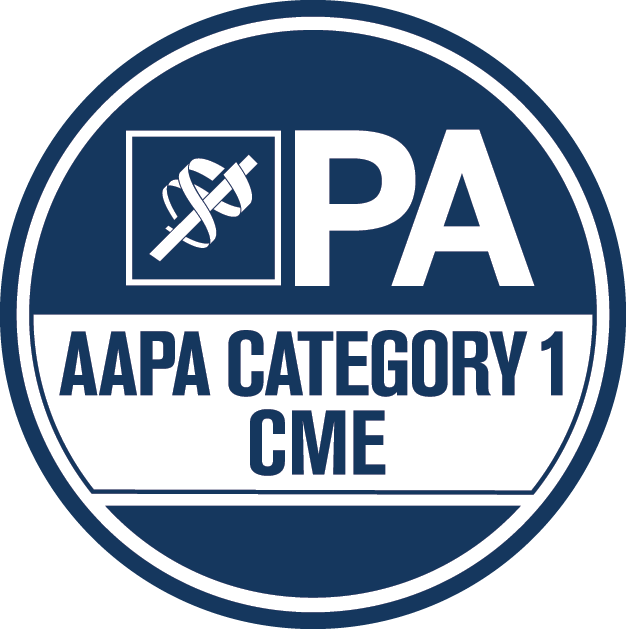
Global Learning Collaborative (GLC) has been authorized by the American Academy of PAs (AAPA) to award AAPA Category 1 CME credit for activities planned in accordance with AAPA CME Criteria. This activity is designated for 0.25 AAPA Category 1 CME credits. Approval is valid until April 18, 2025. PAs should claim only the credit commensurate with the extent of their participation in the activity.
Provider(s)/Educational Partner(s)
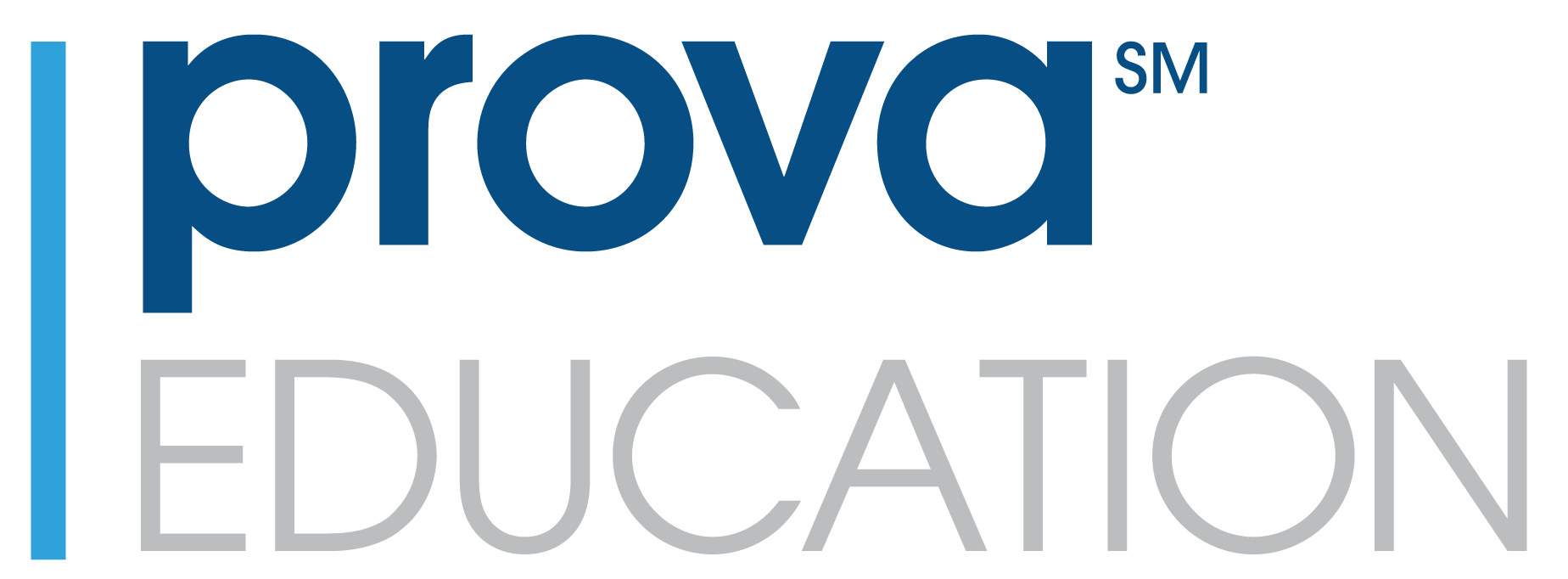
Prova Education designs and executes continuing education founded on evidence-based medicine, clinical need, gap analysis, learner feedback, and more. Our mission is to serve as an inventive and relevant resource for clinical content and educational interventions across a broad spectrum of specialties.
Prova Education's methodology demonstrates a commitment to continuing medical education and the innovative assessment of its effects. Our goal is clear—to develop and deliver the best education in the most impactful manner and to verify its results with progressive outcomes research.
Commercial Support
This activity is supported by an independent educational grant from Janssen Biotech Inc, administered by Janssen Scientific Affairs, LLC.
Disclaimer
The views and opinions expressed in this educational activity are those of the faculty and do not necessarily represent the views of GLC and Prova Education. This presentation is not intended to define an exclusive course of patient management; the participant should use his/her clinical judgment, knowledge, experience, and diagnostic skills in applying or adopting for professional use any of the information provided herein. Any procedures, medications, or other courses of diagnosis or treatment discussed or suggested in this activity should not be used by clinicians without evaluation of their patients’ conditions and contraindications or dangers in use, review of any applicable manufacturer’s product information, and comparison with recommendations of other authorities. Links to other sites may be provided as additional sources of information. Once you elect to access a site outside of Prova Education you are subject to the terms and conditions of use, including copyright and licensing restriction, of that site.
Reproduction Prohibited
Reproduction of this material is not permitted without written permission from the copyright owner.System Requirements
- Supported Browsers (2 most recent versions):
- Google Chrome for Windows, Mac OS, iOS, and Android
- Apple Safari for Mac OS and iOS
- Mozilla Firefox for Windows, Mac OS, iOS, and Android
- Microsoft Edge for Windows
- Recommended Internet Speed: 5Mbps+
Publication Dates
Release Date:
Expiration Date:


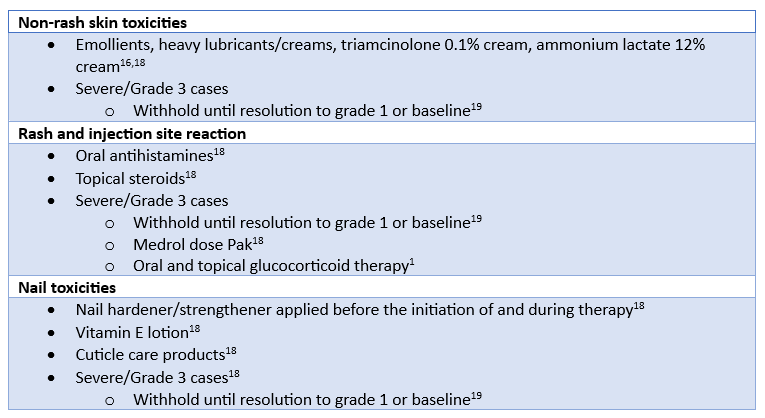

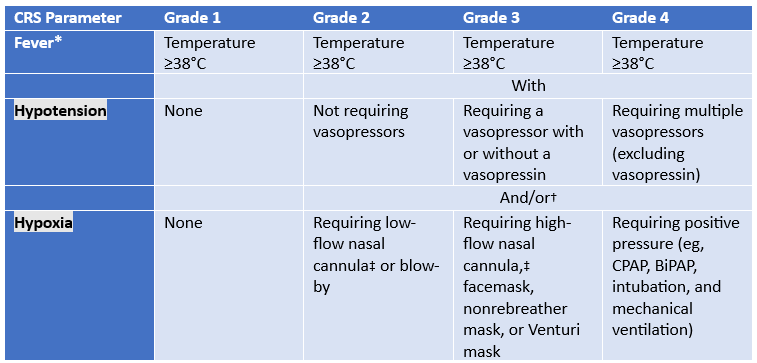
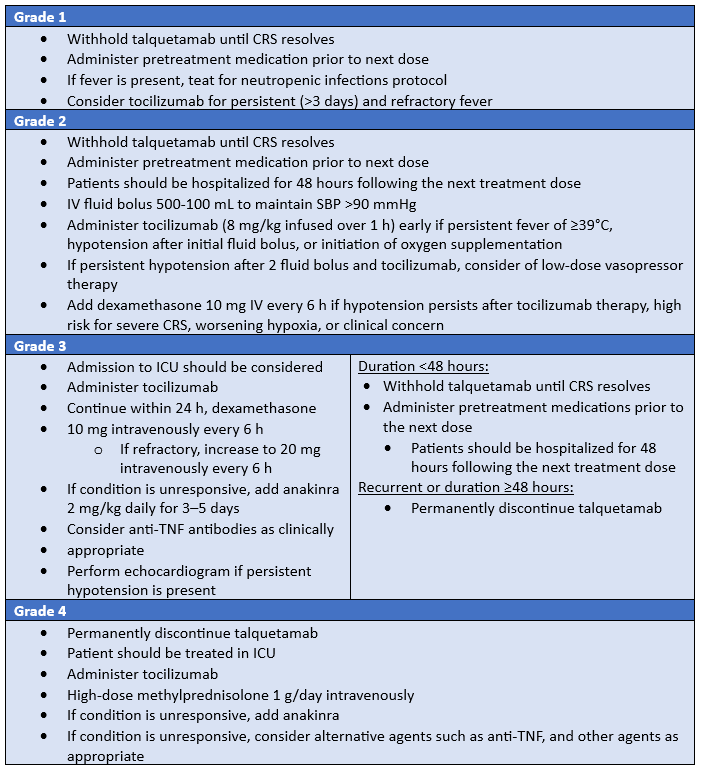


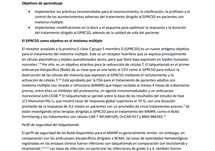













Facebook Comments